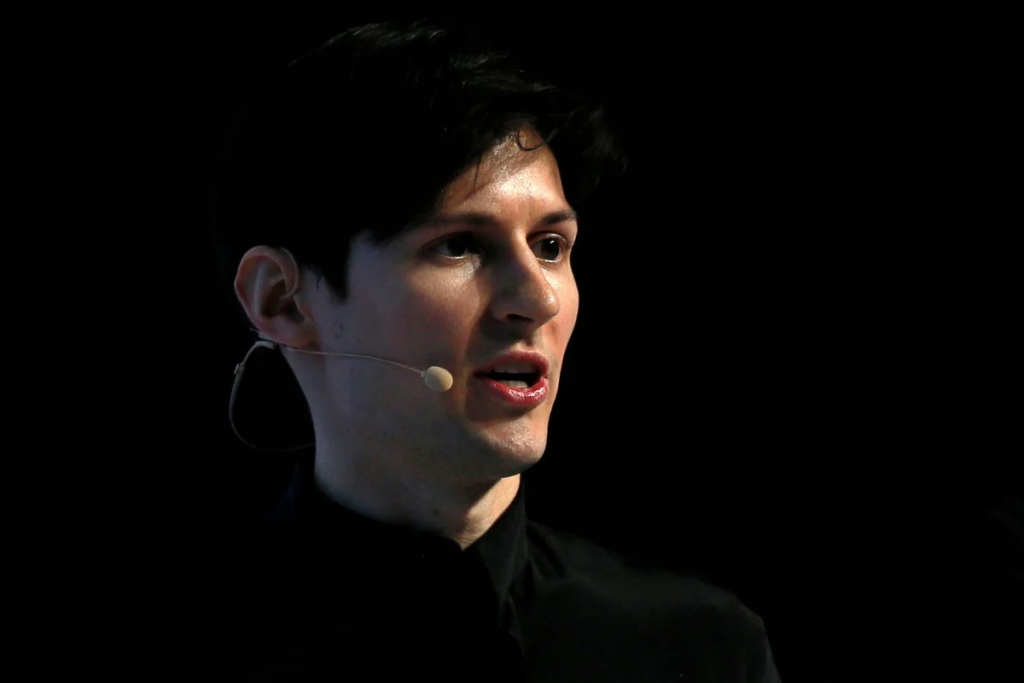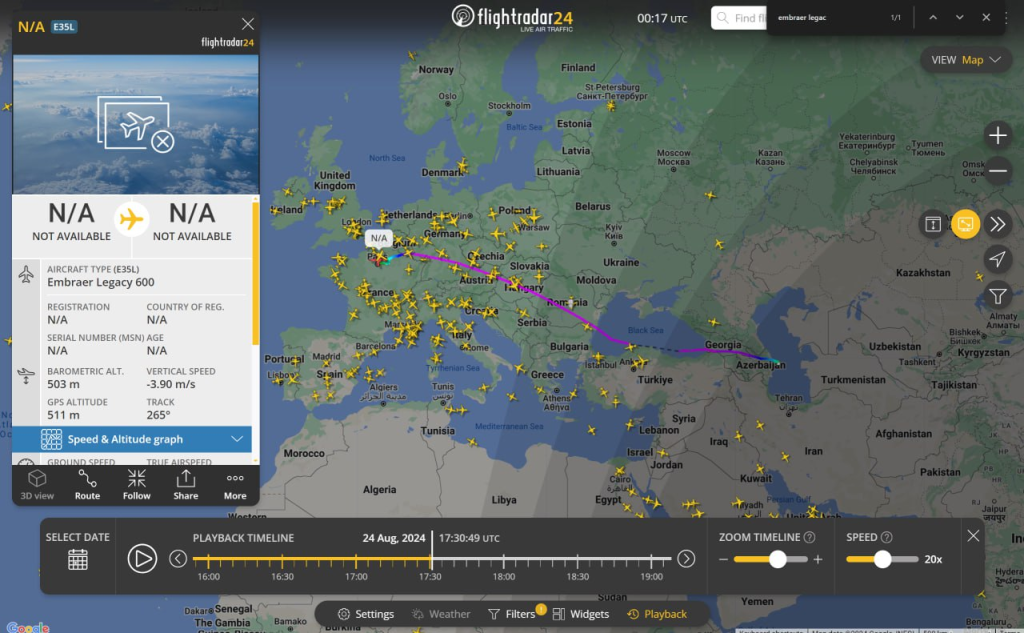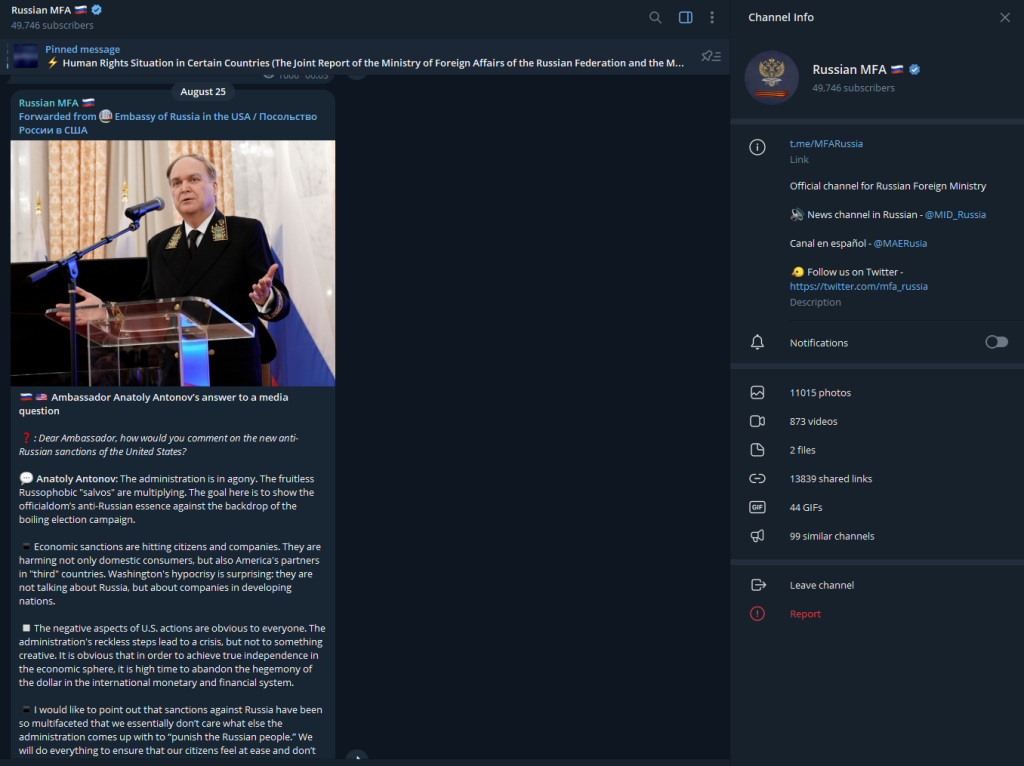The Arrest: What We Know So Far
Pavel Durov, a Russian-born entrepreneur who now holds dual citizenship in both France and the United Arab Emirates, was detained by French authorities under an arrest warrant issued as part of a preliminary police investigation. The investigation focuses on allegations that Telegram, which boasts nearly one billion active users, has not done enough to curb criminal activity on its platform. French police claim that the lack of adequate moderation on Telegram has allowed illegal activities such as money laundering, drug trafficking, and the sharing of harmful content to proliferate.

Durov was reportedly traveling from Azerbaijan when he was apprehended by officers from France’s anti-fraud office, attached to French customs. He is expected to appear before a French judge on Sunday, with the possibility of facing indictment on multiple charges. These charges could include terrorism, narcotics supply, fraud, money laundering, and receiving stolen goods. If convicted, Durov could face up to 20 years in prison.

Telegram’s Role in Global Affairs and Politics
Founded in 2013 by Pavel Durov and his brother Nikolai, Telegram quickly gained popularity due to its focus on user privacy and encryption. The app has become particularly influential in Russia, Ukraine, and other former Soviet states, serving as a key platform for unfiltered communication. During the ongoing conflict between Russia and Ukraine, Telegram has been described as a “virtual battlefield,” with both sides using the platform to disseminate information and propaganda.

However, Telegram’s hands-off approach to content moderation has drawn criticism from various governments. The platform has been accused of facilitating the spread of misinformation, hate speech, and illegal activities. Despite these concerns, Durov has consistently maintained that Telegram should remain a “neutral platform” and not a “player in geopolitics.”
Reaction from Russia and the International Community
Durov’s arrest has prompted a swift reaction from the Russian government, with the Russian Embassy in France reportedly taking immediate steps to clarify the situation. The Russian Foreign Ministry has criticized France’s actions, with some Russian officials accusing the country of moving towards a more totalitarian society. Mikhail Ulyanov, Russia’s representative to international organizations in Vienna, suggested on social media that Durov’s arrest serves as a warning to those who play a visible role in the global information space.
The arrest has also garnered attention from international figures like Elon Musk, who commented on the situation by suggesting this is an example that Europe is increasingly cracking down on free speech. American commentator Tucker Carlson echoed this sentiment, arguing that Durov’s detention is a sign of the growing pressure on platform owners who resist government demands to censor content.
Is this the End of Telegram’s autonomy and Durov’s Legacy
As Durov faces legal challenges in France, the future of Telegram remains uncertain. The platform’s increasing popularity, particularly in regions with strict government censorship, has placed it under greater scrutiny from various countries. Telegram has also faced internal challenges, such as concerns about its underinvestment in user privacy and security, especially after Durov revealed in an April 2024 interview that the company employs only around 30 engineers.
Despite these issues, Telegram continues to be a vital communication tool for millions of users worldwide. Durov’s arrest raises important questions about the balance between privacy, security, and freedom of speech in the digital age. As the situation unfolds, the tech community and Telegram’s vast user base will be watching closely to see how these events impact the platform’s operations and Durov’s future.


